Table of Contents
Conscious Jewellery: How To Ensure Your Jewellery Collection Is Ethical And Sustainable
This page may contain affiliate links. We may earn a commission on purchases, at no additional cost to you. Learn more →
Have you noticed the winds of change in the world of style and living? It’s all about making choices that echo our values. One area where this change is shining through is in the jewellery we wear. This is where we step into the world of conscious jewellery where elegance meets ethics.
Understanding Conscious Jewellery: More Than Just an Accessory
But what exactly does conscious jewellery entail? It's about more than just aesthetic appeal, it's jewellery with a soul, pieces that resonate with stories and values dear to our hearts. Historically, jewellery has been a medium of self-expression, but conscious jewellery elevates this notion. For instance, the conscious jewellery market has been growing rapidly, with a report by Grand View Research suggesting a significant rise in demand for ethical and sustainable jewellery.
It's not just about the glimmer and shine; it's about imbuing each piece with a deeper purpose. Ethical Fashion Forum states that conscious jewellery prioritizes sustainable sourcing, ethical labor practices, and ecological preservation.
In this article, we'll explore what conscious jewellery means, why it matters, and how you can build a jewellery collection that aligns with your values. From understanding the nuances of conscious jewellery, like the importance of Fair Trade gold and conflict-free diamonds, to building a collection that truly reflects your principles, this article is your compass in the ever-expanding world of ethical fashion.
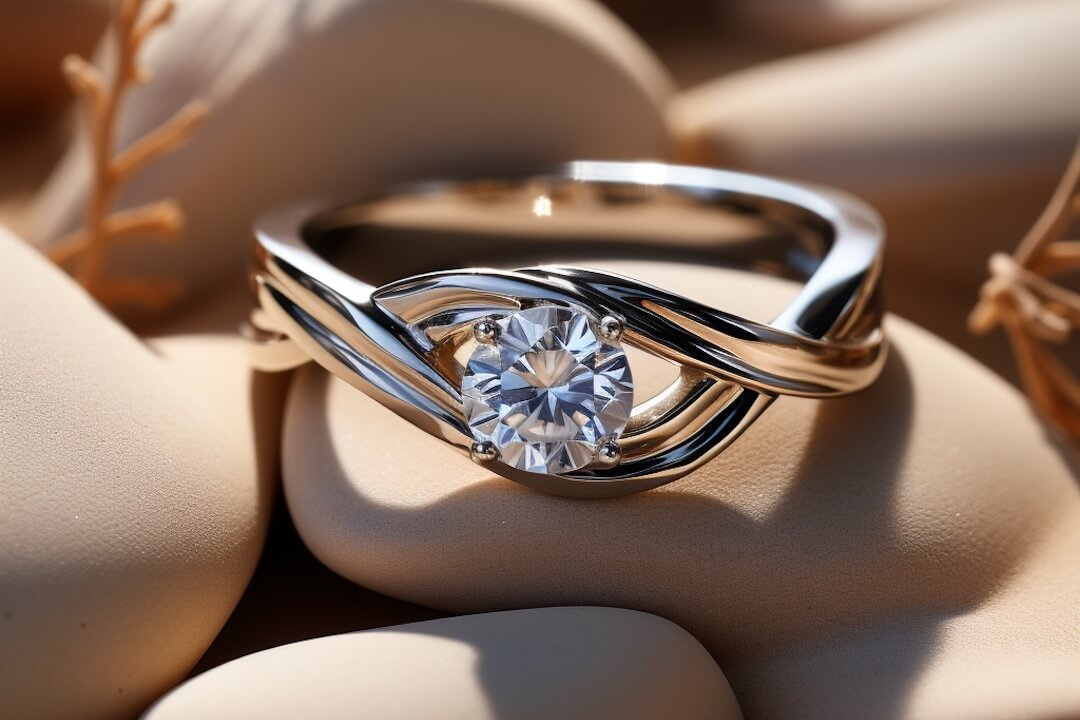
Defining Conscious Jewellery
Conscious jewellery, also known as ethical or sustainable jewellery, embodies a commitment to ethical and sustainable principles throughout its creation, sourcing, and production processes. This approach conscientiously considers the welfare of people, animals, and the environment at every stage of the jewellery-making journey.
The term "sustainable jewellery" signifies pieces crafted from materials that have a lesser environmental impact compared to traditional production methods. Notably, a study by the Environmental Impact Assessment Review highlights the significant reduction in carbon footprint achieved through sustainable jewellery practices. Sustainable jewellery is typically made with high-quality materials and built to last, embodying the ethos of quality over quantity.
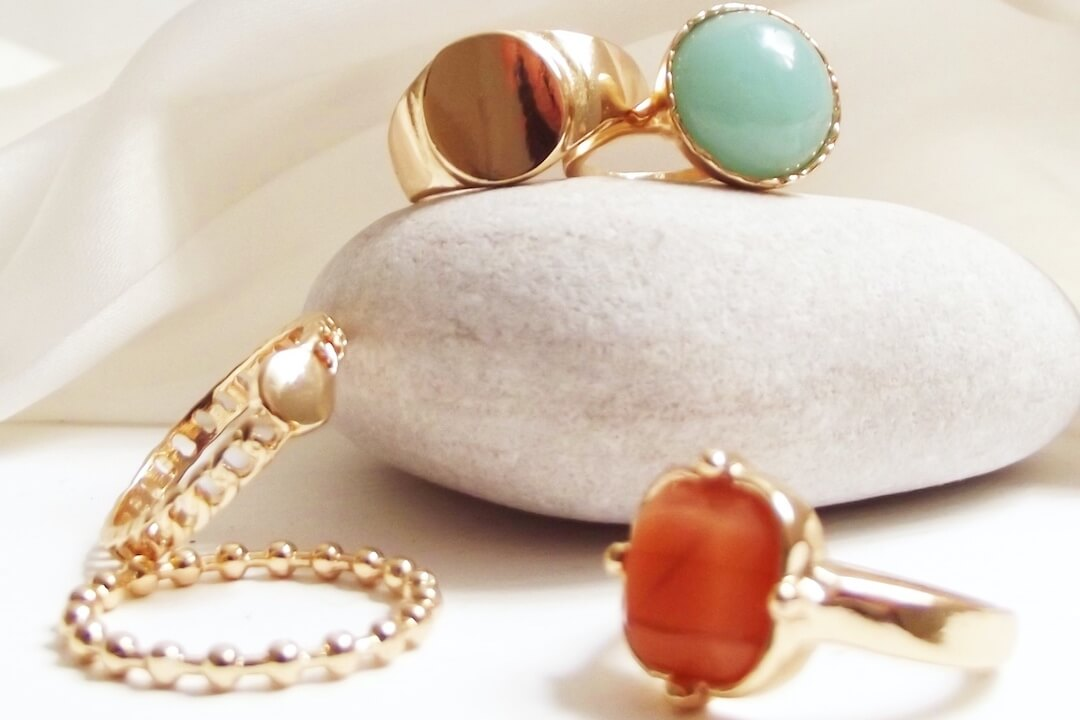
Image by Luisana Galicia on Unsplash
The Core Principles of Conscious Jewellery
Ethical Sourcing
Conscious jewellery is synonymous with ethically sourced sustainable materials, obtained without causing harm to people or communities. This includes steering clear of materials linked to exploitative labour or conflict zones. Organizations like The Kimberley Process play a crucial role in preventing conflict diamonds from entering the market.
Environmental Responsibility
Sustainable jewellery considers the environmental impact of materials and production processes. It aims to minimize harm to ecosystems, reduce carbon footprints, and promote responsible resource management. The Responsible Jewellery Council sets standards for environmental stewardship in the jewellery industry.
Transparency
Brands and artisans in this field are often lauded for their transparency regarding sourcing and production. They disclose where their materials come from and the measures they take to uphold ethical and sustainable practices. Transparency is key to consumer trust.
Quality and Longevity
Prioritizing quality over quantity, conscious jewellery is crafted for longevity. This approach reduces the need for frequent replacements and minimizes waste, echoing a sustainable lifestyle. The longevity of jewellery also ties into the concept of heirloom pieces, which are passed down through generations.
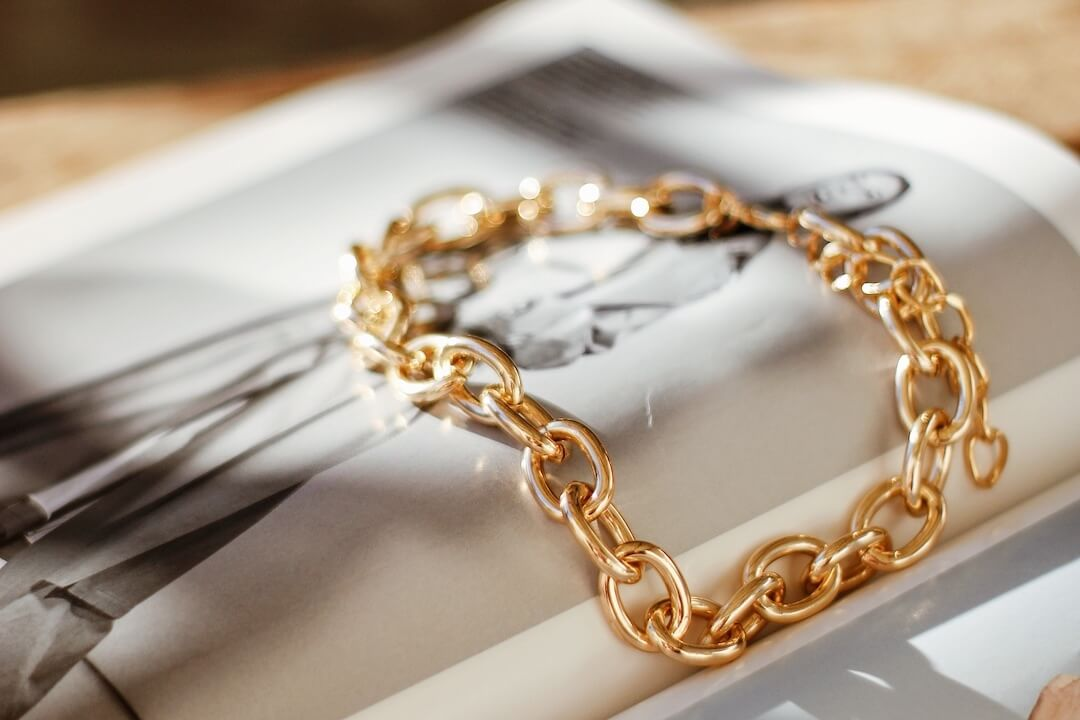
Image by Nataliya Melnychuk on Unsplash
Why Conscious Jewellery Matters
The rise of conscious jewellery is more than a passing trend, it's a crucial response to the urgent ethical and environmental challenges confronting the jewellery industry. Here are the key reasons why embracing conscious jewellery is significant:
1. Ethical Considerations
Traditional jewellery supply chains have been plagued with issues like child labour, exploitative working conditions, and human rights violations. Conscious jewellery represents a paradigm shift, ensuring fair treatment and respect for all individuals involved in the production process. Organizations like Human Rights Watch provide insights into these ethical challenges and the importance of responsible practices.
2. Environmental Impact
The jewellery industry's environmental footprint is substantial. Mining for precious metals and gemstones often results in habitat destruction, water pollution, and deforestation. Additionally, the use of chemicals and energy-intensive processes exacerbates environmental degradation. Conscious jewellery counters these issues by advocating for sustainable sourcing and responsible production methods.
3. Preservation of Natural Resources
The jewellery sector's reliance on finite natural resources is a growing concern. Conscious jewellery practices aim to reduce overexploitation through responsible sourcing and conservation efforts, ensuring these precious materials are available for future generations. The World Wildlife Fund (WWF) highlights the importance of conservation in resource-heavy industries.
4. Rising consumer Awarenes
Today's consumers are increasingly socially and environmentally conscious, demanding greater transparency and ethical accountability from brands. Conscious jewellery aligns with this shift, providing a transparent and ethically sound option for those who seek to make a positive impact with their purchases.
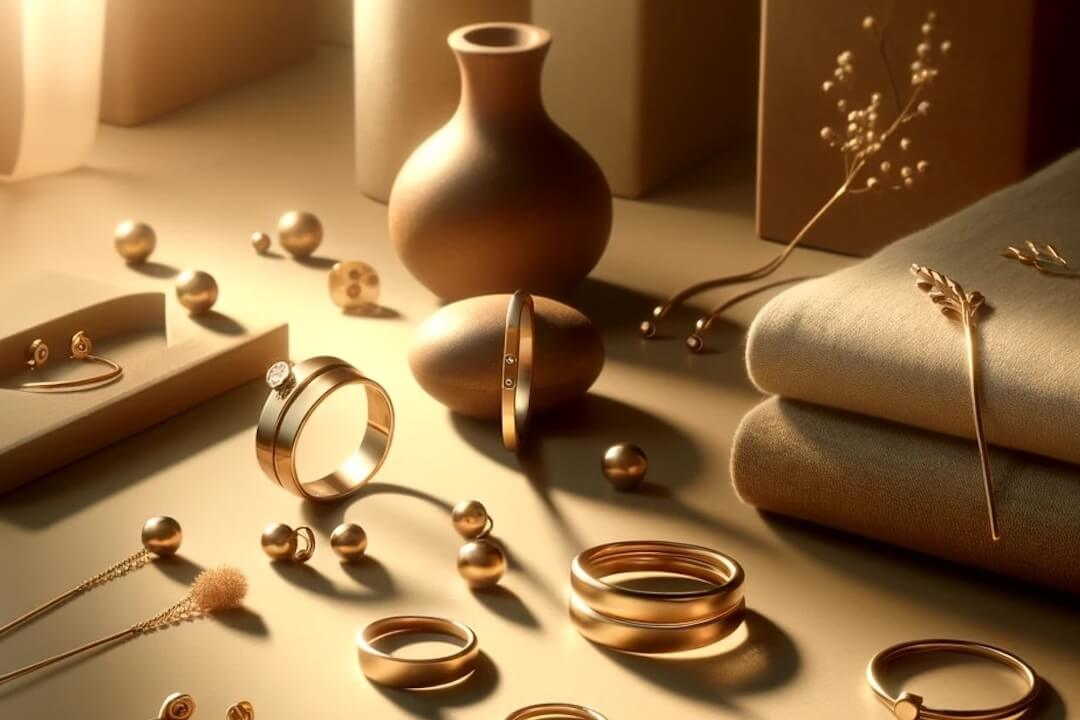
Embracing Sustainable Alternatives in Jewellery
What sustainable metal alternatives are revolutionising the jewellery world? Recycled materials are at the forefront of this revolution. Recycled gold, recycled silver, and responsibly sourced platinum have taken centre stage and are helping to redefine the jewellery world to help create a more sustainable future.
Here's a closer look at how these materials are making a difference.
Recycled Gold
Imagine giving old gold a new life. Recycled gold does just that. It takes discarded jewellery, electronics, and industrial scraps and transforms them into shiny, new pieces of earrings, rings and necklaces without additional mining. It’s a revolution in redefining the life cycle of precious metals.
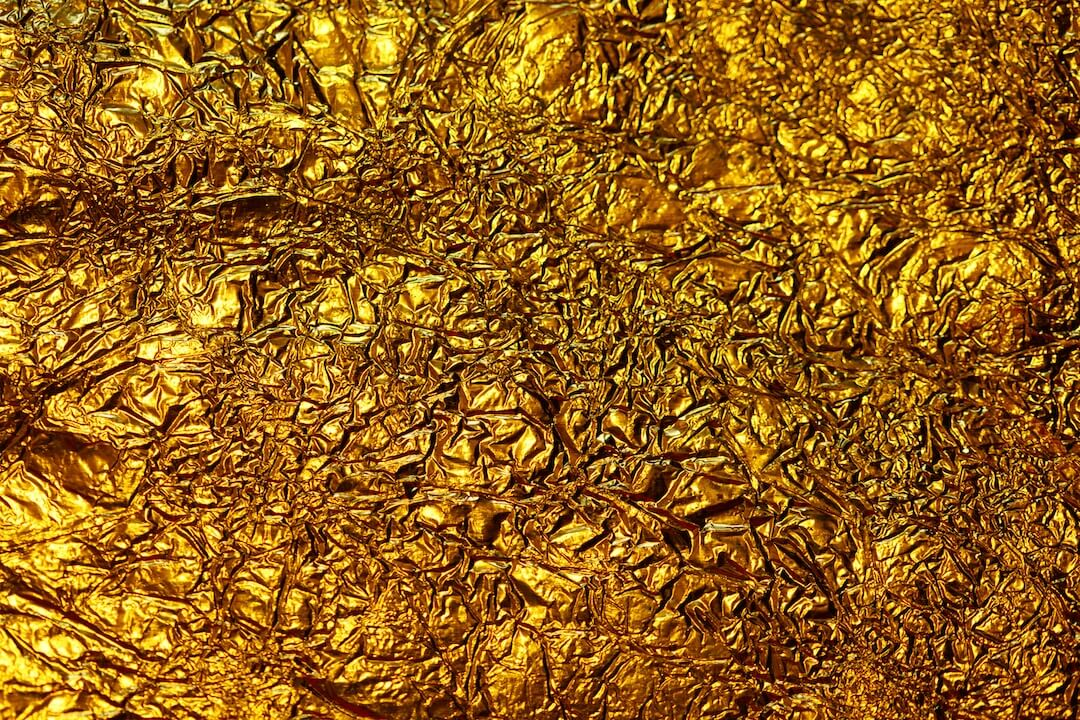
Image by Alexander Grey on Unsplash
Recycled Silver
Right alongside recycled gold, we have the superhero of sustainability – recycled silver. Silver from old jewellery, electronics, and photographic materials gets a second chance to sparkle.
Aside from being a silver lining for the environment; it’s also a reduction in the demand for new mining, all while preserving the timeless elegance inherent in silver.
Responsibly Sourced Platinum
Platinum, known metal for its rarity and durability, is also joining the ethical party. Responsibly sourced platinum ensures its journey from mine to market is free from environmental harm and human rights abuses. It’s platinum with a conscience – a choice that radiates elegance and responsibility.
However, these recycled materials are not the only ones making a difference in the jewellery world and being praised for their sustainability and ethical values. Another contender is lab-grown diamonds.
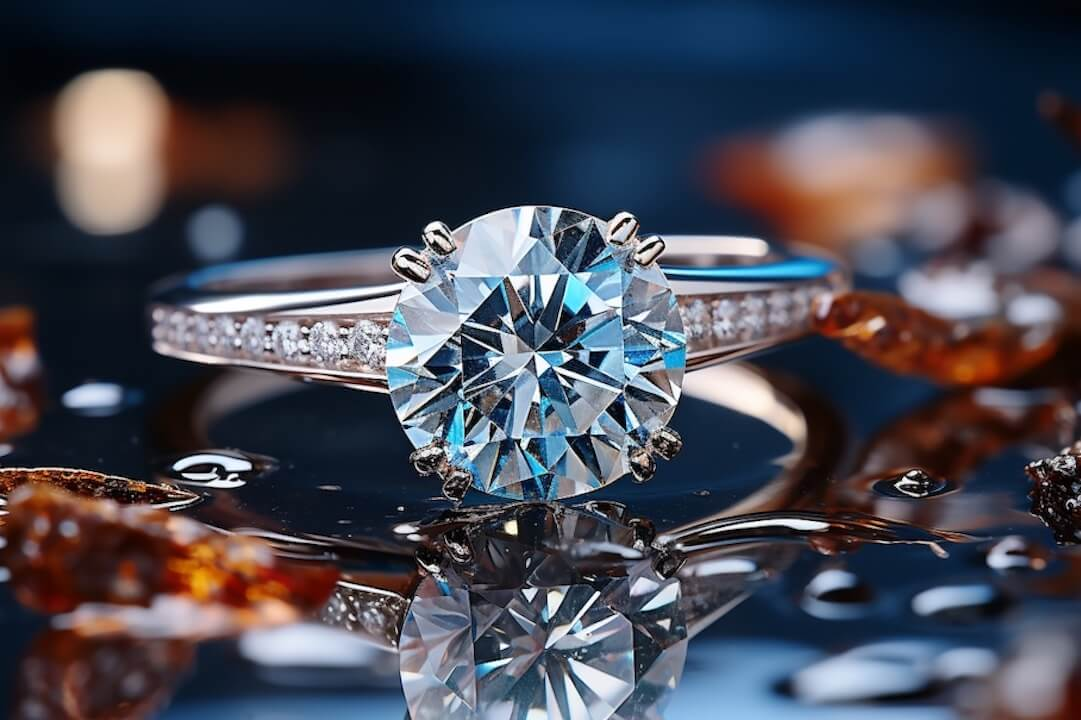
Lab Grown Diamonds
Moving beyond metals, another sustainable hero in the jewellery world is lab-grown diamonds. These diamonds, also known as synthetic or cultured, are created in labs using advanced technologies that mimic the natural diamond formation process. Lab-grown diamonds possess the same physical, chemical, and optical characteristics as mined diamonds, making them virtually indistinguishable.
The traditional diamond mining process has a considerable impact on nature and land, including extensive land disruption and energy consumption. Lab-grown diamonds, however, typically have a lower carbon footprint due to their controlled, less invasive production process. The Gemological Institute of America (GIA) offers detailed insights into the characteristics and production of lab-grown diamonds.
By opting for lab-grown diamonds, we contribute to reducing the ecological impact associated with traditional diamond mining. It allows us to create a narrative of responsible luxury in our jewellery choices.
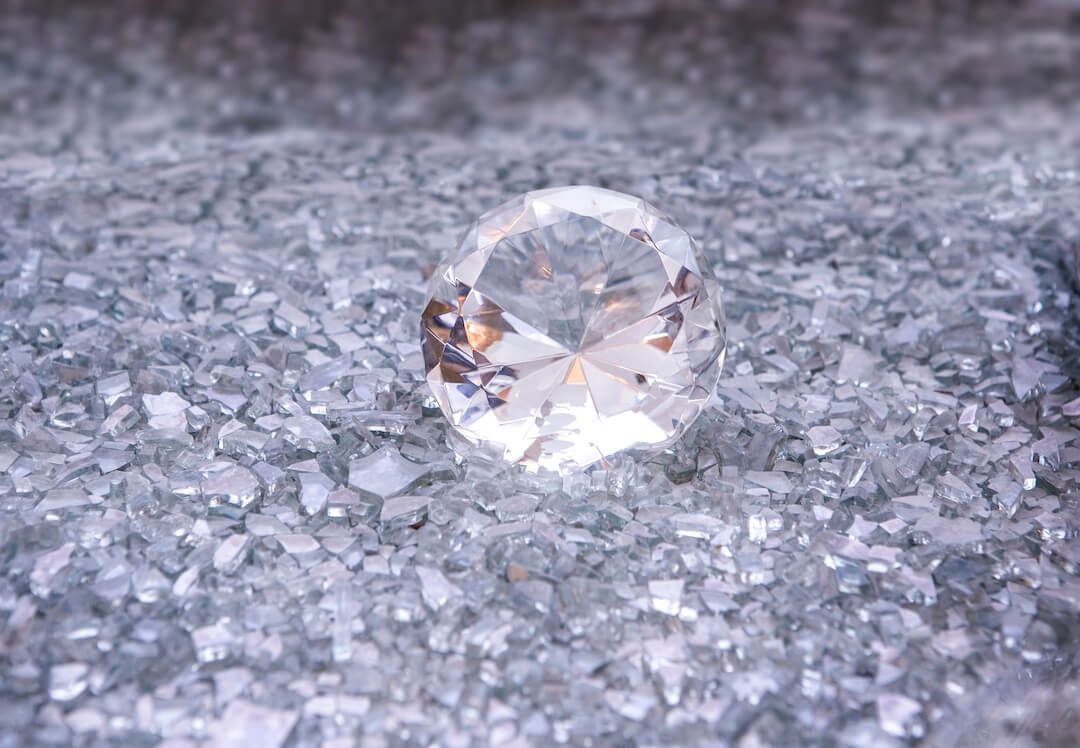
Image by Bas van den Eijkhof on Unsplash
How to Build a Conscious jewelry Collection
Embarking on building an ethical jewellery collection is an exciting venture. It goes beyond selecting beautiful pieces, it’s about curating a collection that aligns with your values and principles.
Building a conscious jewelry collection involves making informed choices and supporting brands and artisans who prioritise ethical and sustainable practices. Here are some tips to guide you on this meaningful journey:
Research Brands and Artisans
Ready to purchase an ethical ring, sustainable bracelets, recycled ear rings or other conscious items for your jewelry box? Start by researching brands and artisans that align with your values. Look for companies that are transparent about their sourcing and production processes, look out for ethically sourced gemstones, recycled stones or metals and other sustainable practices.
Many conscious jewelry brands provide detailed information about where their materials come from, how they are processed, and the steps they take to ensure ethical practices. So, before adding that piece to your collection, ensure its story and the brand resonates with you.
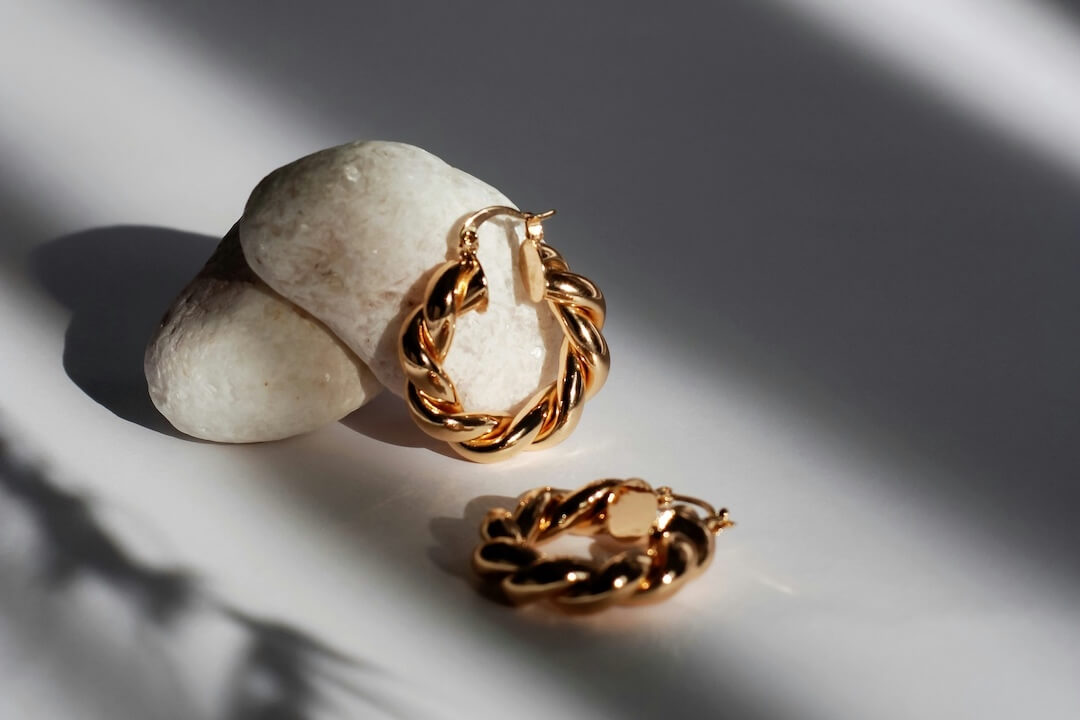
Image by Nataliya Melnychuk on Unsplash
Ask Questions
When choosing the right jewellery for you, don't hesitate to ask questions when purchasing. Inquire about the origin of the materials, the working conditions of artisans, and any ethical certifications or affiliations the brand may have. Reputable conscious jewelry makers will be happy to provide this information.
Prioritise Ethical Sourcing
Choose jewellery made from ethically sourced materials. For example, look for gemstones that are certified as conflict-free, meaning they haven't been used to finance armed conflict. Consider metals that are recycled or sourced from responsible mines.
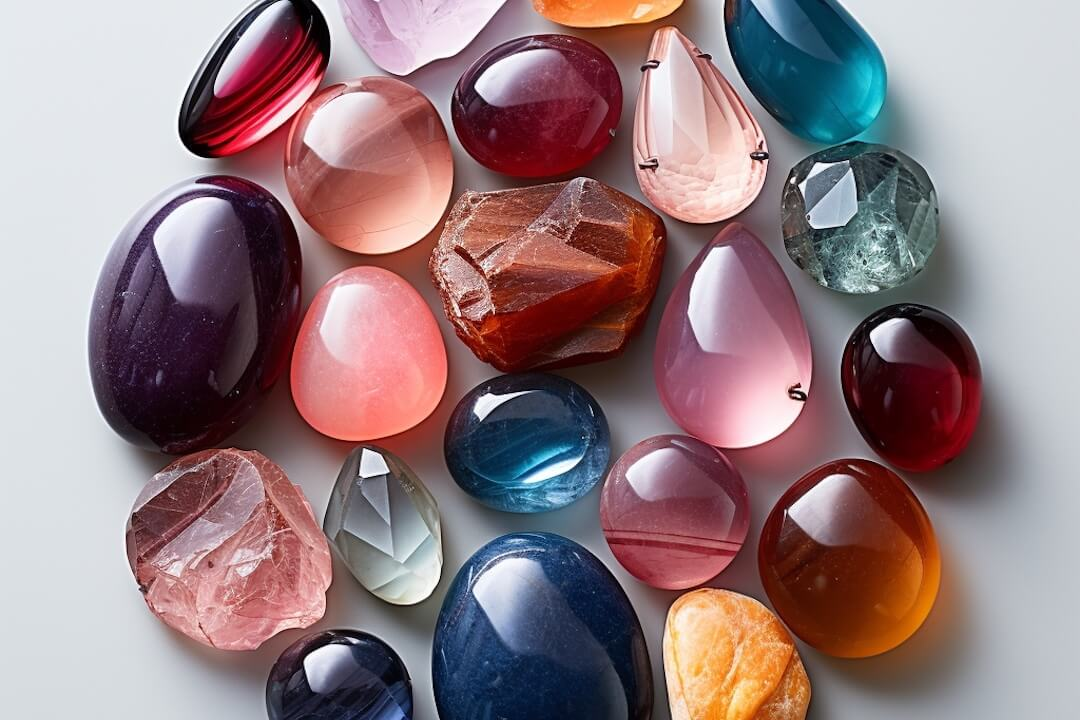
Seek Quality and Longevity
Invest in pieces that are well-crafted and designed to last. Conscious jewelry often prioritises quality over quantity, so you'll find that these pieces are durable and timeless.
By choosing jewellery that stands the test of time, you reduce the need for frequent replacements.
Support Local and Artisanal Craftsmanship
Local and artisanal jewellery makers often have a smaller environmental footprint and may prioritise ethical practices. Supporting these creators not only adds uniqueness to your collection but also contributes to local economies.
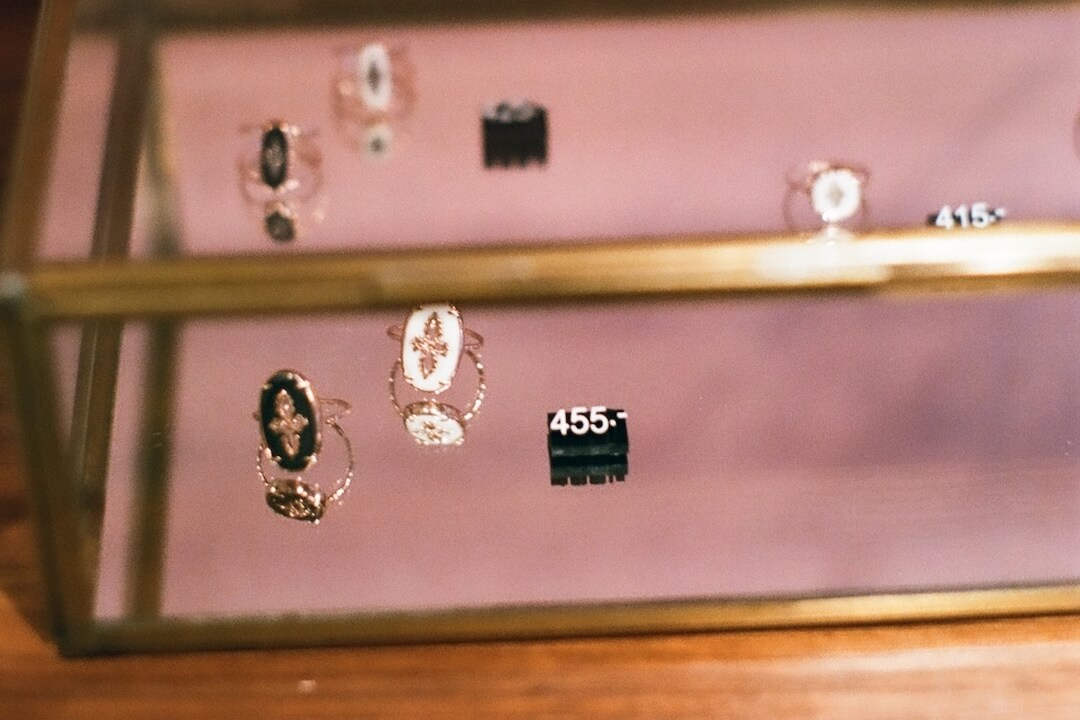
Image by Yasamine June on Unsplash
Explore Sustainable Materials
Consider jewellery made from sustainable materials such as recycled metals, lab-grown diamonds, or alternative gemstones. These materials have a lower environmental impact compared to their traditionally sourced counterparts.
Embrace Vintage and Second-Hand
Vintage, second-hand, and repurposing old jewellery are inherently sustainable choices. They give new life to pieces that have already been produced, reducing the demand for new materials and production.
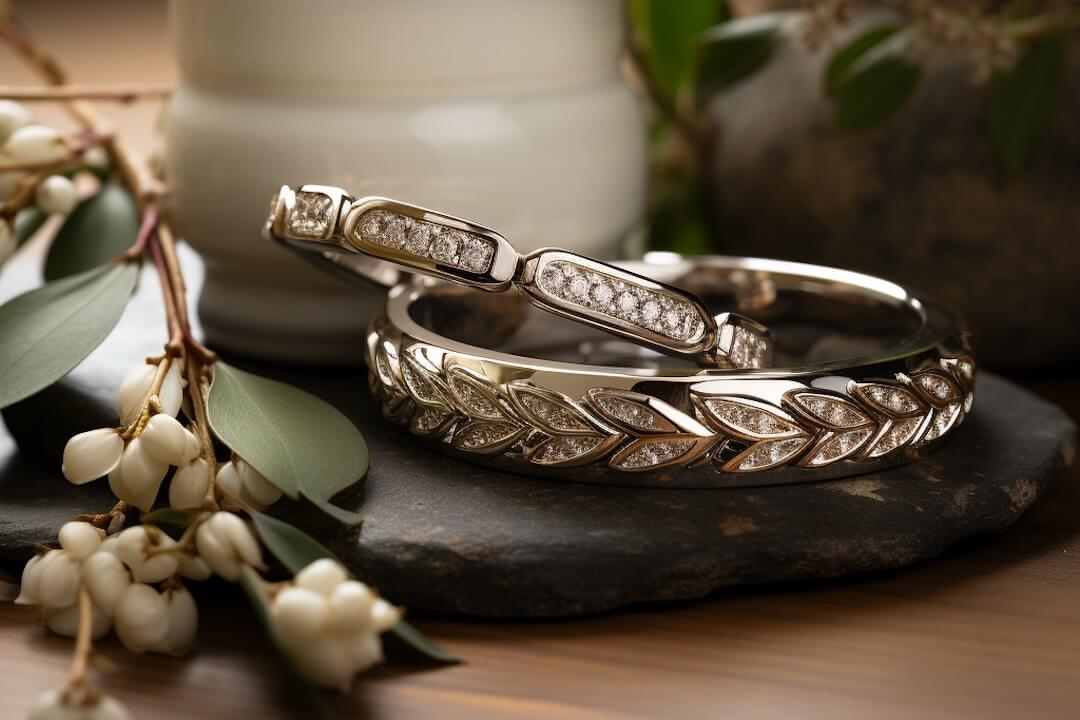
Care for Your Jewellery
Extend the life of your jewellery by properly caring for it. Regular maintenance, cleaning, and storage can help ensure that your pieces remain beautiful and functional for years to come.
Ethical Jewellery Maintenance Tips
Caring for our precious pieces with sustainable practices ensures longevity and aligns with our values. Maintaining the allure of our jewellery goes hand-in-hand with our commitment to sustainability.
To maintain ethical jewelry in a sustainable way, consider the following guidelines:
-
Choose Non-Toxic Cleaners: Opt for environmentally friendly cleaning agents. Avoid harsh chemicals that can harm both your jewelry and the environment
-
Gentle Cleaning Techniques: Use a soft toothbrush and mild soapy water for cleaning, especially for gold jewelry
-
Dry and Store Properly: Ensure your jewelry is dry before storage. Store it in a dry place with low humidity. Adding chalk or activated charcoal can help minimize tarnish [3].
-
Avoid Direct Sunlight and Heat: Keep your jewelry away from prolonged exposure to light and heat to prevent damage [4].
-
Handle with Care: Be mindful of the fragility of your ethical jewelry. Treat it with care to avoid unnecessary wear and tear.
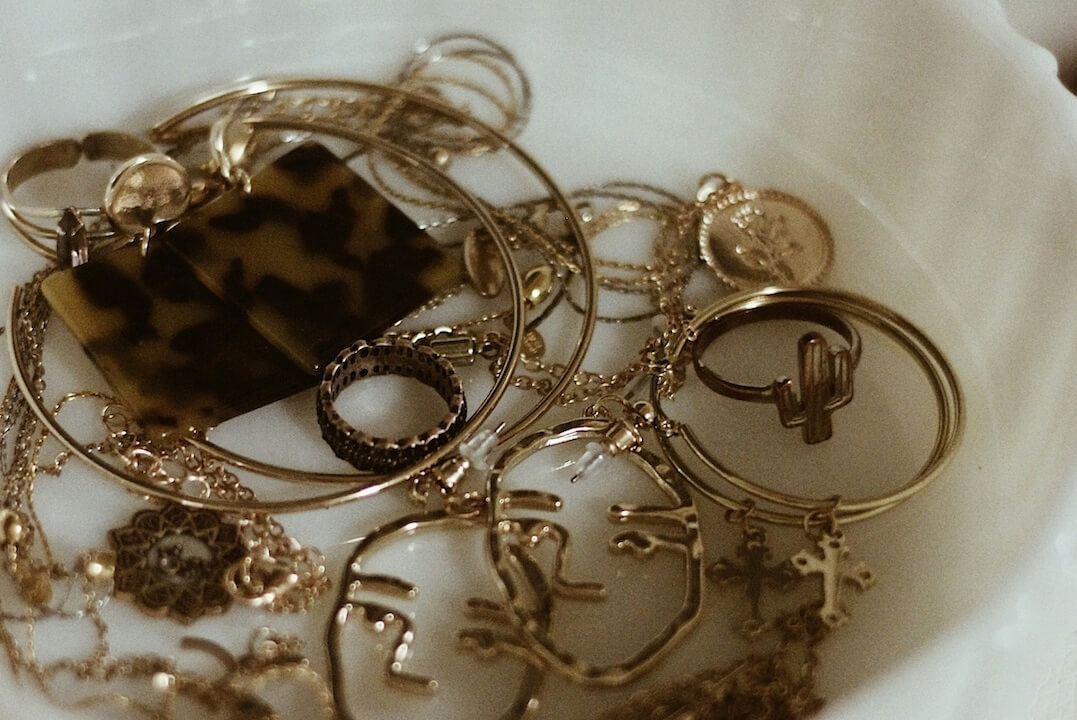
Image by Karly Jones on Unsplash
Your Ethical Jewellery Story
As we close this chapter, consider this: what story does your jewellery collection tell? Is it a tale of responsible choices, ethical commitments, and timeless elegance? Your ethical jewellery reflects your values.
Are you ready to explore the beauty and lifestyle realms? If so, let ethical jewellery guide and remind you that style can coexist with responsibility. Adorn yourself in pieces that sparkle and resonate with purpose.












